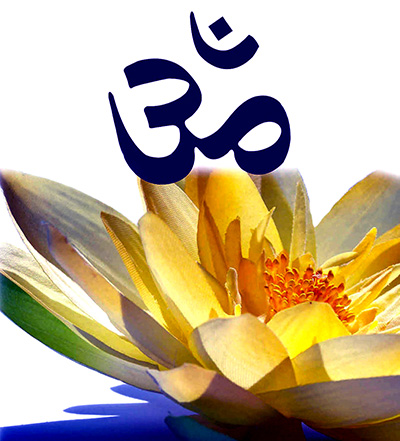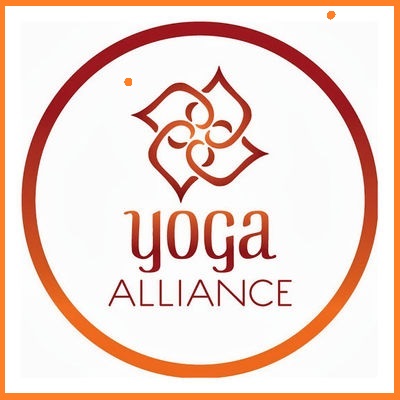Rabindranath Tagore Jayanti | |
|
Listen to one of the great poet India has ever had along with others via our podcasts 
| |
Rabindranath Tagore | |
|
Among the most influential and recognized figures from modern Indian literature, Tagore wrote poetry primarily in Bengali. Tagore was much more than a poet, having composed highly revered novels, dramas, short stories and even paintings. However, he received the Nobel Prize for Literature in 1913, largely for Gitanjali, a collection of his poetry that is today among his best-known work. Tagore’s work explores a range of topics from spiritualism to social realities. | |
Kabir | |
|
This 15th-century mystic poet is among the most recognized authorities in Indian literature. Kabir penned poems in Hindi borrowing from a range of dialects, and wrote on various aspects of life and faith. A revered saint, Kabir was known for being critical of religion as it existed at the time – primarily Hinduism and Islam, and the various rituals they came with. His work echoed his criticism and philosophy on what constitutes true devotion.
| |
Kalidasa | |
|
Considered to be the greatest Sanskrit language poet in India, Kalidasa is widely said to have been from the 5th-century, though most details of his life are subject to speculation. His two epic works of poetry, Kumārasambhava and Raghuvaṃśa are among the most revered in Indian literature to this day. His work primarily revolved around themes and stories from the ancient religious texts of the Vedas and the Puranas.
| |
Ghalib | |
|
One of the most influential poets in Urdu, Ghalib wrote during the last years of the Mughal Empire in India. He started composing poetry at the age of 11, and was well versed in Urdu, Persian, Turkish and Arabic. Ghalib’s poetry, composed in Urdu and Persian, probes a range of topics including philosophy, existentialism, the mysteries of life and other subjects. | |
Amir Khusrow | |
|
Born in 1253, this Sufi poet has been called the father of Urdu literature even though his poetry was primarily composed in Persian. An expert in Persian poetry, he is credited with having fused traditions from across the continent to create the qawwali style of songwriting. He is also remembered today for having introduced ghazals to the Indian subcontinent. His poetry took many forms including ghazals, masnavi, qata, rubai – all of which soon became integral to poetry traditions in Urdu. | |
Mirabai | |
|
Born in 1498, Mirabai’s mystic poetry is remembered mostly for its devotion to the Hindu deity, Krishna. While several records from the time indicate to her having been a highly influential figure in poetry traditions of the time, there are no surviving original manuscripts of her work. Her poems explore topics of divinity, mysticism and love, and have been highly influential in setting the tone for literature for centuries to come.
| |
Mir Taqi Mir | |
|
Born in 1722 in Agra, Mir Taqi Mir entered the world of Urdu poetry at a time when it was considered to have been at its formative stage. His work didn’t just set a tone for poetry traditions in Urdu, but was integral to developing the language itself. His work explores themes of love and spirituality, and is rich with pathos drawn from his own personal tragedies including untimely deaths of family members – first his father, then his daughter, son and wife. Source: The Culture Trip
Tell us more about yourself
Remember Certain fields are a must | |
Multipurpose Form | |
for | |
all enquiries including | |
* Our Crowdfunding Campaign
* Submiting an article
* Fill up this multifunctional form bellow if you want us to add your envent on our calendarYou speak french?Click here for French - Espace en Français You Speak Spanish? Habla Castellano/Español?Our Spanish space is not opened yet. Sin embargo, usted puedes utilisar este pagina para submitir su contenido en Español | |
You can use this form for navigational problemsTell us more about yourself - Communication - Submit a bug report | |
For other ways to contact us, see bellow | |
|
Remember So that we can reach you without having you to communicate your vital and sensitive data about yourself, please use the form bellow to set up a meeting. We do not share any of the information you provide to us, it is our promise. | |
So that we can talk, meet, communicate with you | |
|
180 Character(s) Remaining
| |
|
| |
Book an appointement | |
If you want us to call you | |
please use the Calendly system bellow. | |
|
| |
|
| |
We are member of | |
The Francophone Yoga Federation
The YogaAlliance USA | |

